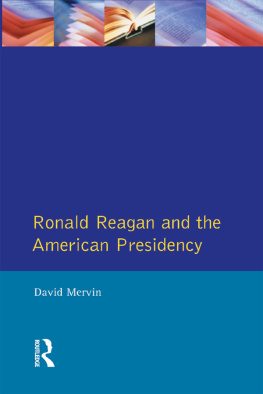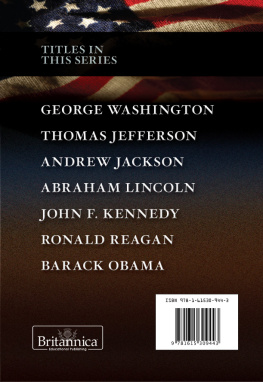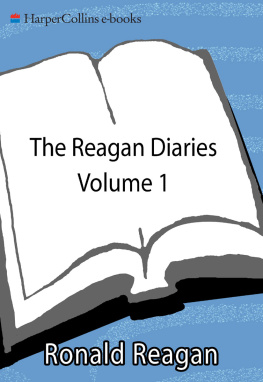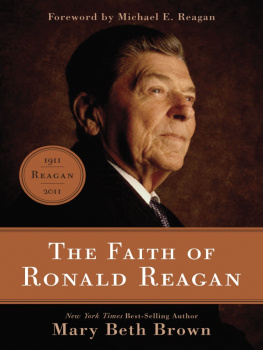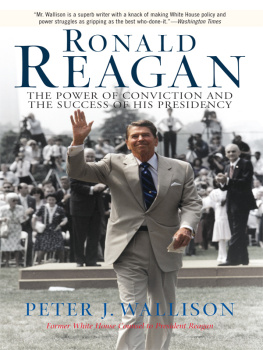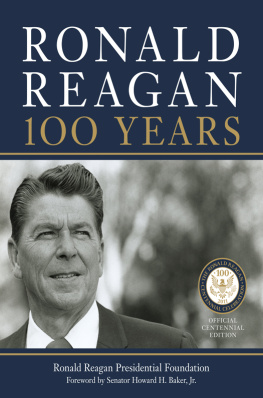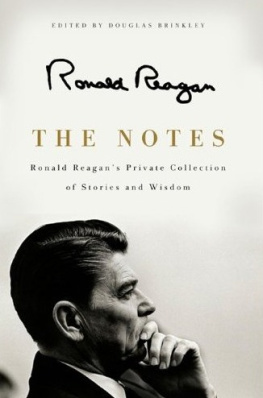First published 1990 by Longman Group UK Limited
Published 2014 by Routledge
2 Park Square, Milton Park, Abingdon, Oxon OX14 4RN
711 Third Avenue, New York, NY 10017, USA
Routledge is an imprint of the Taylor & Francis Group, an informa business
Copyright 1990, Taylor & Francis.
All rights reserved. No part of this book may be reprinted or reproduced or utilised in any form or by any electronic, mechanical, or other means, now known or hereafter invented, including photocopying and recording, or in any information storage or retrieval system, without permission in writing from the publishers.
Notices
Knowledge and best practice in this field are constantly changing. As new research and experience broaden our understanding, changes in research methods, professional practices, or medical treatment may become necessary.
Practitioners and researchers must always rely on their own experience and knowledge in evaluating and using any information, methods, compounds, or experiments described herein. In using such information or methods they should be mindful of their own safety and the safety of others, including parties for whom they have a professional responsibility.
To the fullest extent of the law, neither the Publisher nor the authors, contributors, or editors, assume any liability for any injury and/or damage to persons or property as a matter of products liability, negligence or otherwise, or from any use or operation of any methods, products, instructions, or ideas contained in the material herein.
ISBN13: 978-0-582-03487-7 (pbk)
British Library Cataloguing in Publication Data
Mervin, David
Ronald Reagan and the American Presidency.
1. United States. Presidency
I. Title
353.031
Library of Congress Cataloging in Publication Data
Mervin, David
Ronald Reagan and the American Presidency/David Mervin.
p. cm.
Includes bibliographical references.
ISBN 0-582-03487-6 : 15.00 (est.). ISBN 0-582-03493-0 (pbk.) : 6.95 (est.)
1. Reagan, Ronald. 2. United StatesPolitics and government19811989. 3. Executive powerUnited States History20th century. I. Title.
| E877.2.M47 1990 | 89-13105 |
| 973.927092dc20 | CIP |
Set in Linotron 202 10/12 Bembo
American as well as British students will find much that is interesting and illuminating in this British view of the Reagan presidency. David Mervin writes as an experienced American politics specialist whose study includes first-hand observation in the United States. Putting aside policy substance and concentrating on effectiveness in using the political process, Mervin portrays Reagans presidential record more favorably than may be common in the British community. Indeed, Mervin explicitly addresses an expected anti-Reagan readership among the British students for whom the book is primarily intended. I doubt whether an American political scientist writing about the Thatcher prime ministership would similarly have to ask American students to overcome an anti-Thatcher bias. Understanding how Ronald Reagan could have reached the presidency may have been hard for Britons or any other people whose leaders customarily reach the top after long careers in national government. Mervin, however, appreciates that Reagan provides only one example of the capacity of the American nomination and election processes to put outsiders in the White House.
Where Mervins view is British, and advantageously so, is in its concentration on the limitations of presidential leadership in comparison with executive leadership in Britian. An American president certainly has some powers that a British prime minister lacks, in relation to the cabinet, but, as Mervin makes clear, a president suffers distinctive policy-making constraints. These include general anti-government traditions, frequently hostile partisan majorities in Congress, and relatively weak parties as means for exerting leadership even among a presidents own partisan members of Congress. In describing each constraint, Mervin gives special attention to congressional and party developments that have imposed new obstacles to executive leadership during the last few decades. For Mervin, these features of the American political culture are not defects to be remedied by the substitution of British parliamentary institutions for the separation of powers. Refreshingly, he suggests reasons why the established arrangements, no matter how frustrating for chief executives, nevertheless suit American circumstances.
It is very much in the context of constraints on presidential power that Mervin evaluates Reagans record as a strategist. That record began, Mervin reminds us, when presidential authority was at a low ebb. At the end of the 1970s, there was doubt that a presidential authority was at a low ebb. At the end of the 1970s, there was doubt that a president could accomplish anything requiring major congressional action. Given such low expectations, Mervin sees Reagan as effective in securing much of what he sought in tax and appropriation legislation in 1981, and in the Tax Reform Act of 1986. He argues convincingly that it was politically unrealistic for David Stockman to expect a great deal more budget-cutting than Reagan secured in the early 1980s. But he does not say that Stockman was wrong on policy grounds to worry about the budget deficits that resulted from Reagans dealing with Congress. Nor does Mervin show Reagan as regularly successful in achieving his policy goals, meritorious or not.
Whether another president can be even as effective as Mervin regards Reagan is now an open question. Constraints were slightly relaxed for Reagan because his first election appeared linked to a new partisan majority in the Senate and a de facto coalitional majority in the House. Such linkage, suggesting a policy mandate, may now be highly exceptional. Electing a president of one party and a Congress with clear majorities for the other party looks like the usual order of things. In that case, party responsibility, long the favored means for achieving at least temporarily coherent policy-making, would not be clearly relevant.
Leon D. Epstein
University of Wisconsin-Madison
My interest in the politics of the United States now extends back over nearly three decades. It is my hope that this book will, in part, be seen to reflect my admiration for a beautiful and fascinating country and its people.
It was my good fortune as an undergraduate to be taught by a gifted and dedicated teacher, Professor Lucian Marquis. He inspired my early study of American politics and encouraged me to pursue it further. Subsequently, as a graduate student at Cornell University, I completed a PhD under the guidance of an eminent presidential scholar, the late Professor Clinton Rossiter. Some years later I received an American Council of Learned Societies fellowship enabling me to spend a year at the University of Wisconsin-Madison. At Madison my understanding of American politics was much enhanced by my conversations with Professor Leon Epstein. I am most grateful to Professor Epstein not only for his generosity in contributing a foreword to this book, but also for his reading of the manuscript which has saved me from a number of errors of fact and interpretation. Any that remain are, of course, my responsibility alone.


